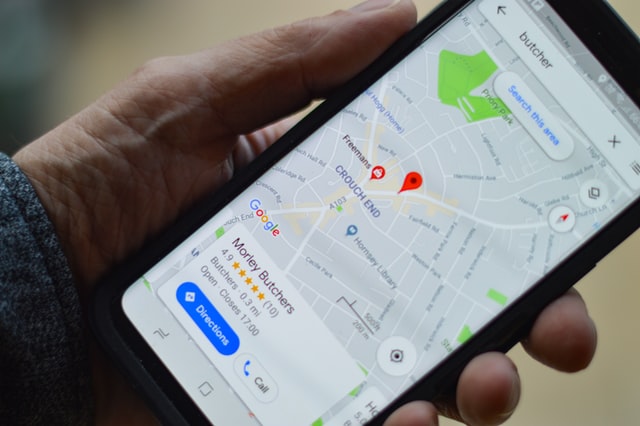Parenting is hard. Parenting a teen often feels impossible – especially if you can’t get your teen to talk to you.
A teenager’s brain has yet to fully develop their frontal cortex, which is the area that controls logic and reason (probably no shocker there! ????). As teens’ brain’s develop, they’re also learning new things about themselves and their surrounding world. And to top it off, they’re dealing with hormones playing pinball in their heads!
So it shouldn’t come as a big surprise that it can be hard to get your teen to talk to you. But remember, it’s difficult – not impossible. Here’s a couple things that might help:
5 Ways To Get Your Teen To Talk To You
1. You’ve Got to Learn How to listen
You have to strike while the iron is hot and engage when your teen reaches out. Don’t say, “In a minute” or “Lets talk later.” Put your phone down or step away from whatever you’re doing and listen. Really listen.
Don’t talk, interrupt or try to solve the problem. Just listen.
Listen with the intent to understand, not respond. Teens have thoughts and experiences that their parents don’t know about, and the best time to learn about them is when they’re asking to talk to you – not when it’s convenient for you.
2. Put yourself in their shoes
As you listen to your teen, your knee-jerk response may be to try to resolve the issue, offer advice or maybe even dismiss their complaints or opinions; “That’s not so bad. Don’t worry about it.”
I’m guessing you don’t like it much when someone tells you not to worry about something you’re worrying about. (Who would?) So why say it to your teen?
Put yourself in their shoes: think about how you would feel if your spouse or friend responded to you the same way you respond to them. They just want to feel heard and understood. 9 times out of 10, they’re not interested in a solution to their problems or you trying to make them feel better. That’s not your job anyway.
Your job is to teach them how to deal with their own problems and emotions.
3. There are signs everywhere – mind them

Can’t get your teen to talk to you? Look for the signs. They’re everywhere.
Everyone wants to feel heard and understood. As you talk to your teen, reflect back what you hear them saying. “It sounds like you were really frustrated McKenna didn’t respond to your text.“ Watch for signs that they don’t feel heard or understood. They might roll their eyes, shake their head, wave their hand at you or interrupt. This is when patience is truly a virtue. When they’re nodding and/or silent, you know they feel understood.
4. Ask specific questions

If you can’t get your teen to talk to you, try to ask specific, open-ended questions.
Ask your teen specific questions rather than general “How was your day?“ questions. Ask questions about a friend you know by name. Ask about a sport they play or a teacher or class they really like. Ask open-ended questions such as:
What was Mr. Smith’s class like today?
What was your favorite part of basketball practice today?
Did anything happen today that you didn’t like?
5. Location & Timing are everything

If you can’t get your teen to talk to you, you might be picking the wrong places to try.
When and where are you try to talk to your teen matters. One of the worst times to talk to kids is after school. Just like you need to wind down after work, they need to wind down after school. Instead, ask questions at the dinner table. This is a prime opportunity to connect with your kids. It’s casual, and there’s no pressure for eye contact. The car is another great place to talk to your teen (unless their friends are in the backseat); they feel more comfortable because you’re not looking at them.
There’s no question it’s difficult to try to get your teens to talk to you. But remember, if you shift your focus from trying to solve their problems and make them feel better and simply focus on simply trying to understand and listen to them, it will likely get much easier. If you’re still struggling, find an awesome therapist you like and trust to help you learn ways to connect with them.
James Killian, LPC is the Principal Therapist & Owner of Arcadian Counseling in New Haven, CT where they specialize in helping over-thinkers, high achievers, and perfectionists reduce stress, increase fulfillment and enhance performance so they can move From Surviving To Thriving.



